The weather this bank holiday was remarkably sunny.
Many took the four-day weekend as an opportunity to go on a sunny drive — perhaps getting their car out of storage after tucking it away for winter.
But ahead of summer, it’s important to separate the facts from fiction when trying to work out which pieces of advice to follow when driving in hotter and brighter conditions.
Handily, scrapcarcomparison.co.uk — a website that allows you to shop around to get the most money when scrapping a car — has compiled a list of the top 10 myths for drivers in the summer months.
This should help stop you from getting into any trouble during the hotter months. Read on to discover what’s what when it’s hot
1) Can turning up the heating up cool down my engine?
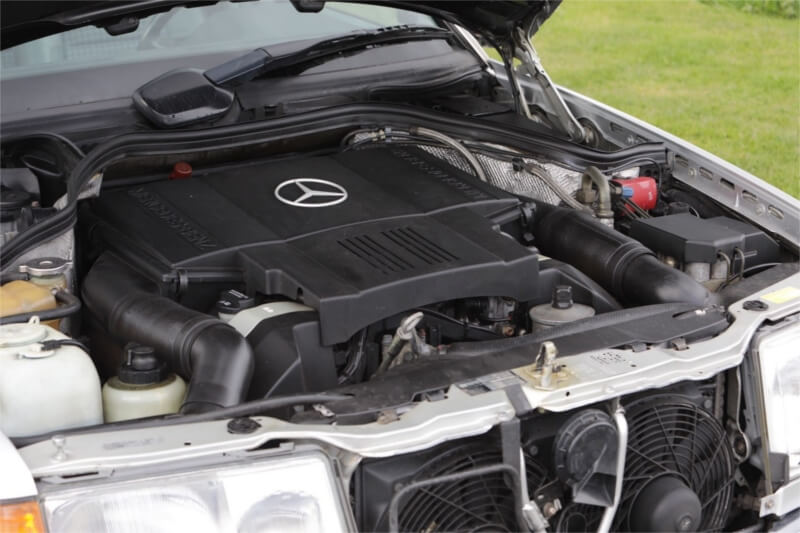
This might sound rather mythical, but it’s actually true. Sure, you might be sweating in a boiling hot interior — and it’s important to not do this to the point of feeling drowsy — but by blowing some excess heat from the engine into the cabin, it helps to reduce the temperature under the bonnet. Particularly on a classic car, opening up the bonnet once you’ve pulled over in a safe place is the best way to take heat from the engine. Just remember that the components might be exceptionally hot.
2) Does the air-conditioning use more fuel than having the windows open?
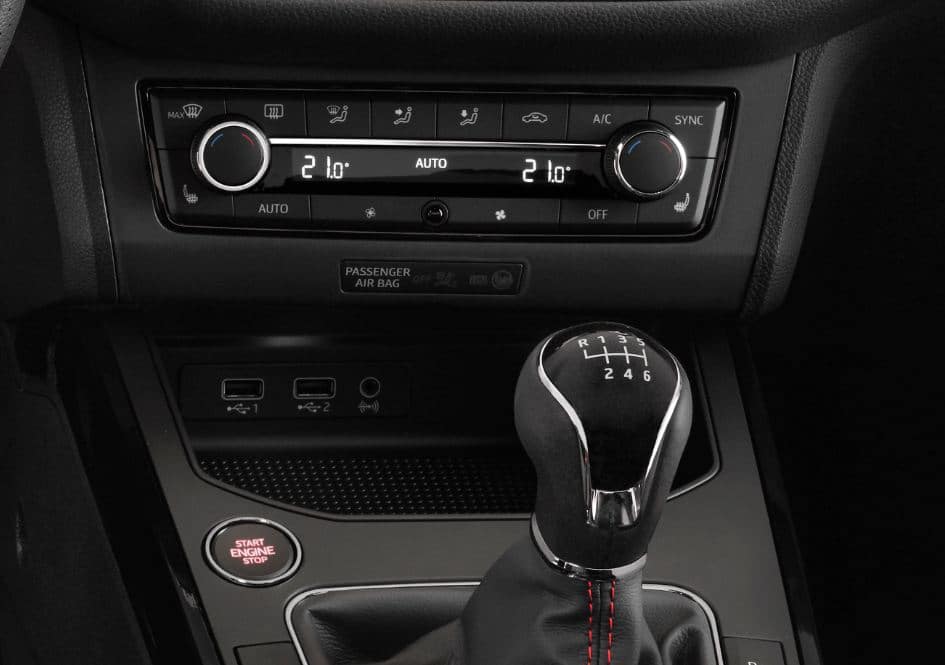
This is a myth that’s been proven by the Society of Automotive Engineers (SAE). The study calculated that it is in fact more fuel efficient to keep your windows up and have the air-conditioning of your car turned up, with lowering the windows having a negative effect on fuel consumption.
3) Can I just put water into my car’s radiator?
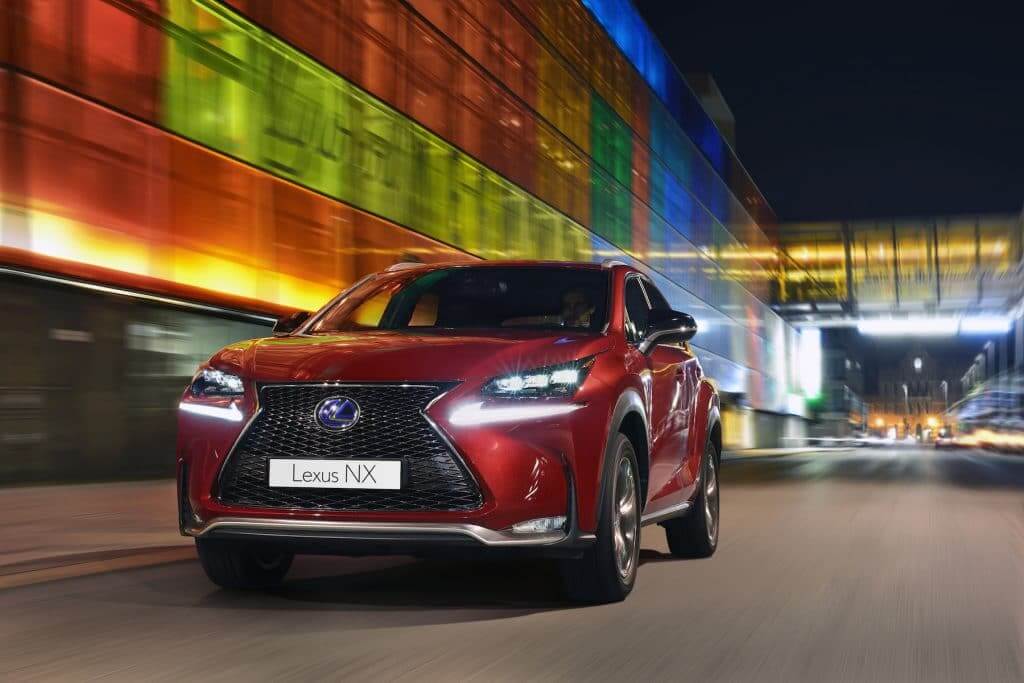
In days gone by, it was thought that it was better to just put normal water into your car’s radiator in the summer months. However, using dedicated coolant is always better because it has anti-corrosion properties that aid the cooling system.
4) Do you need thicker oil in the summer months?
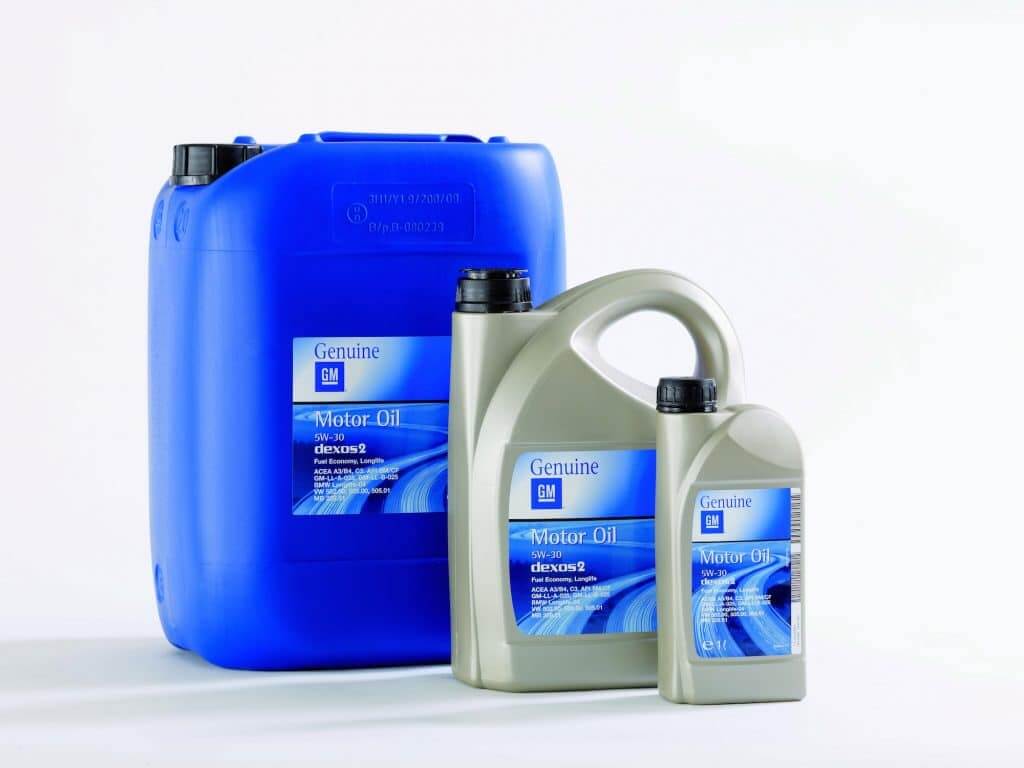
Modern engine oils are designed to be effective in all temperatures, so the one recommended by your manufacturer will be suitable in all weathers the UK has to throw at you.
5) Should I hide in my car in a summer thunderstorm?
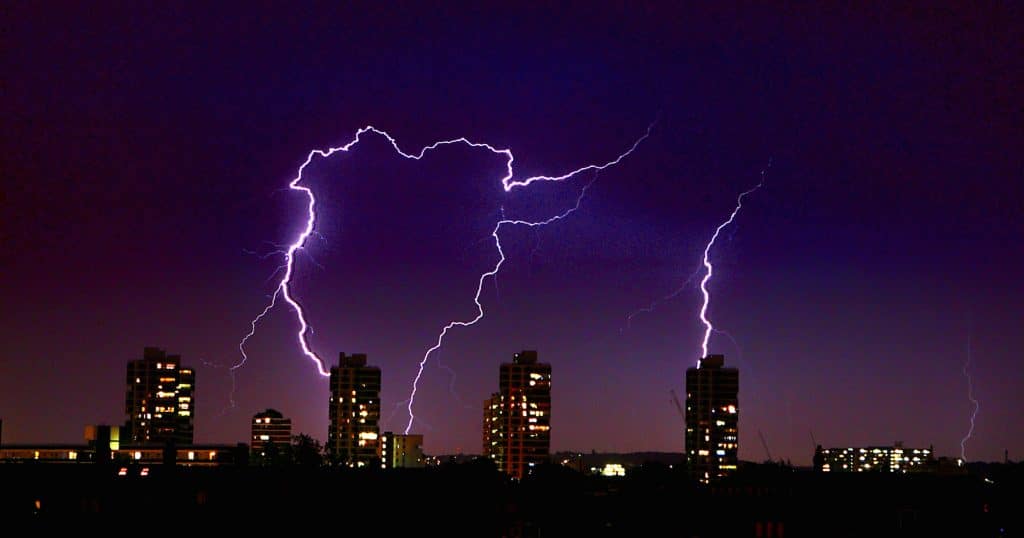
Providing you’re not touching any metal components in the car, you could be safe in the vehicle as its structure acts as a Faraday cage that can shield you from any external electrical fields.
6) And what about using a mobile phone in a lightning storm?
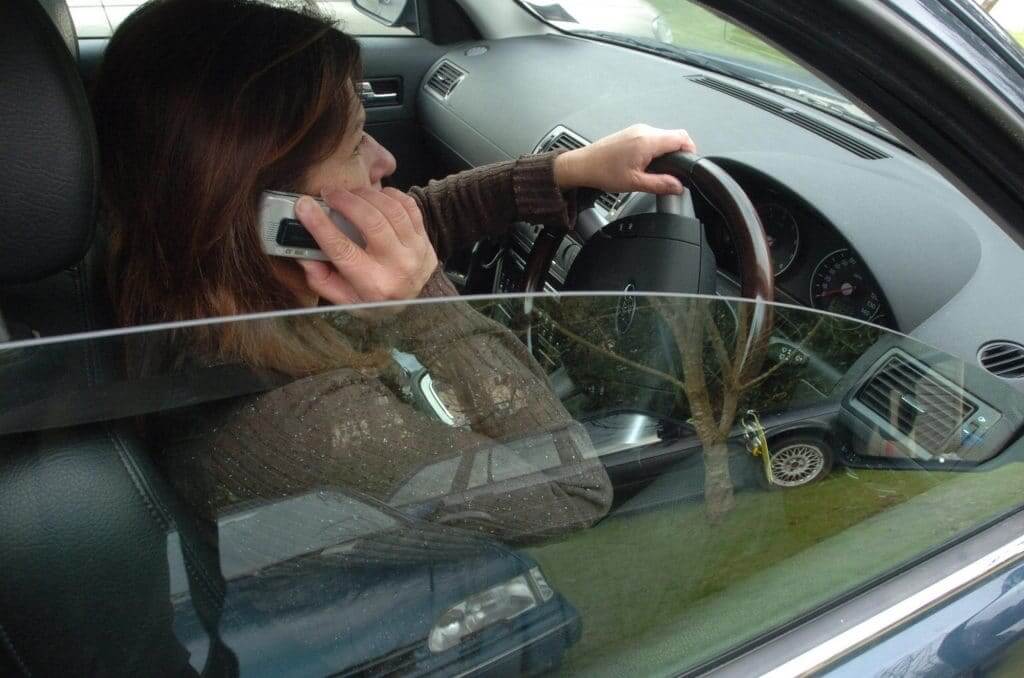
While you shouldn’t be looking at your phone while driving anyway as it’s illegal and can result in a £200 fine and six points on your licence, it’s just as dangerous to use it in a thunderstorm. That’s because a phone has metal components and even the protection offered from a car might not be able to keep you safe.
7) Can I use my phone at a petrol station?
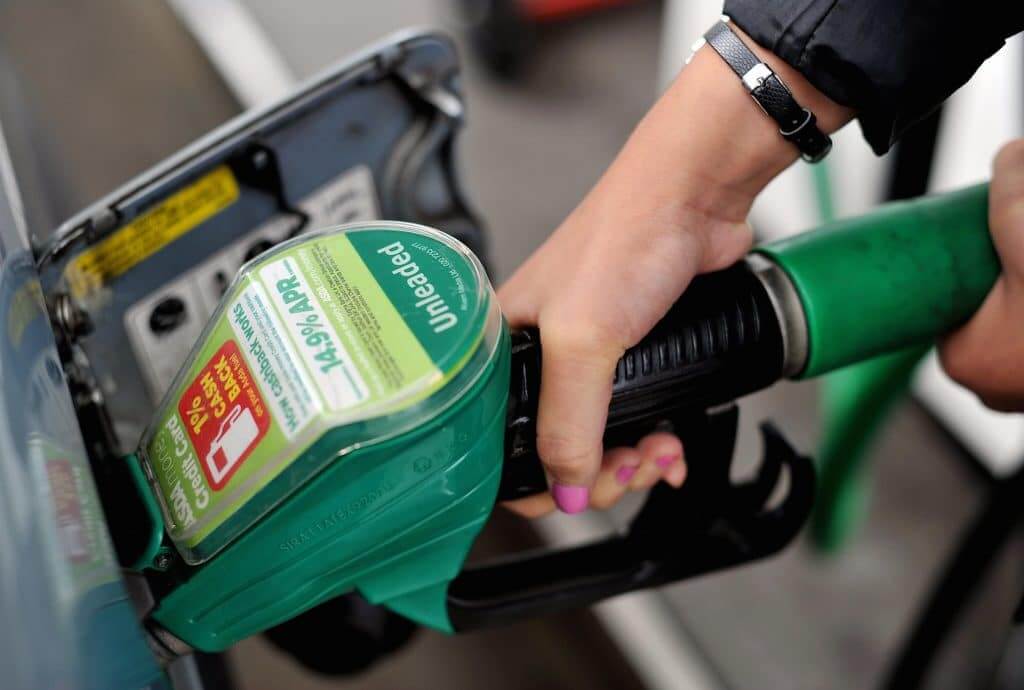
All petrol stations ask drivers to switch off their phones — or not use them — when filling their vehicle up, and while there’s no established link that this is dangerous, it’s important to always cooperate with signs at these garages.
8) Do I get more fuel for my money if I fill up earlier in the day in hot weather?
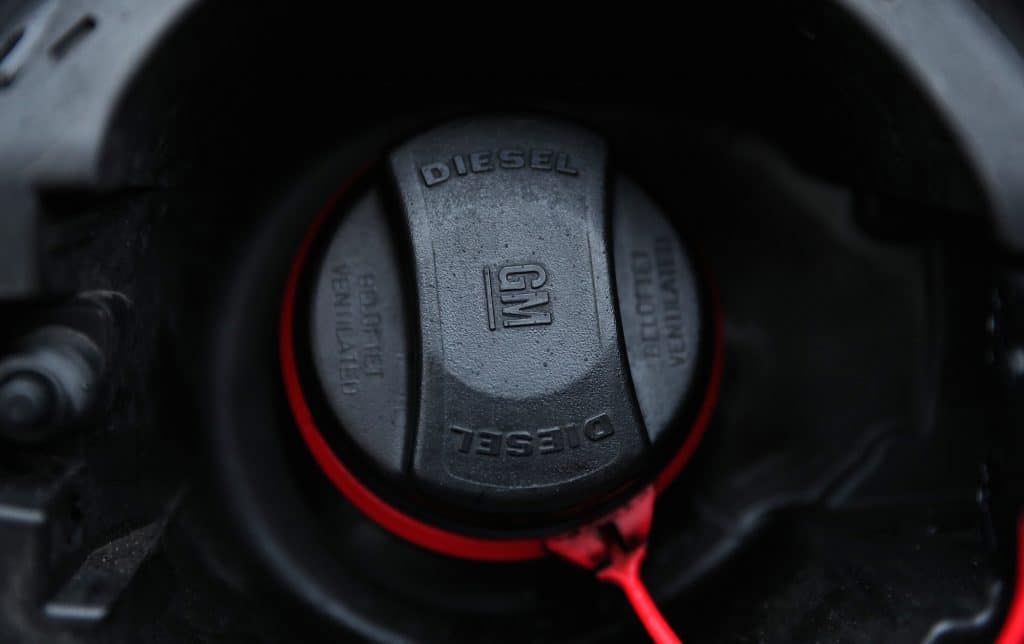
This is another rather fictional tale. Fuel is denser at cooler temperatures, meaning that earlier in the day when the weather isn’t quite as warm, you should theoretically get more fuel for your money. However, as fuel is stored underground, it makes nearly no difference at all what time of the day you fuel your car.
9) Can warmer weather make tyres wear quicker?
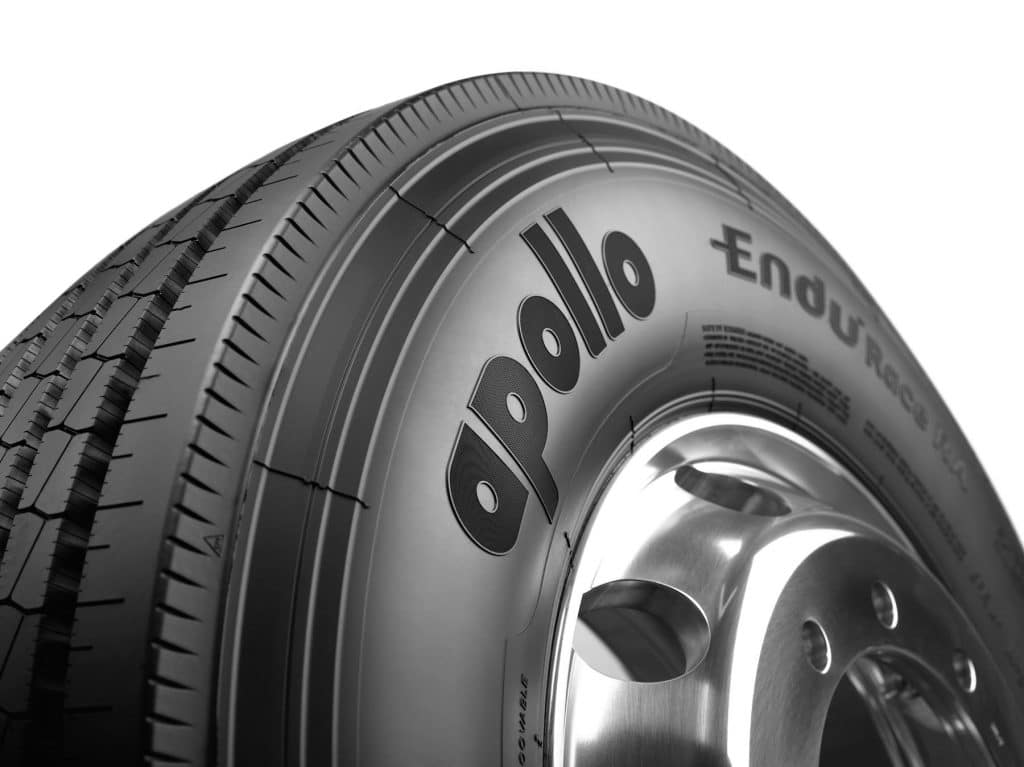
This is true, with tyres wearing quicker in warmer weather, which can also weaken them. Warm weather can also damage tyres (particularly those in a poor condition in a first place) and has caused blowouts in the most extreme circumstances. And wetter weather does indeed help to cool your car’s rubber down.
10) Importantly, can I cook an egg on my car’s hot bonnet?
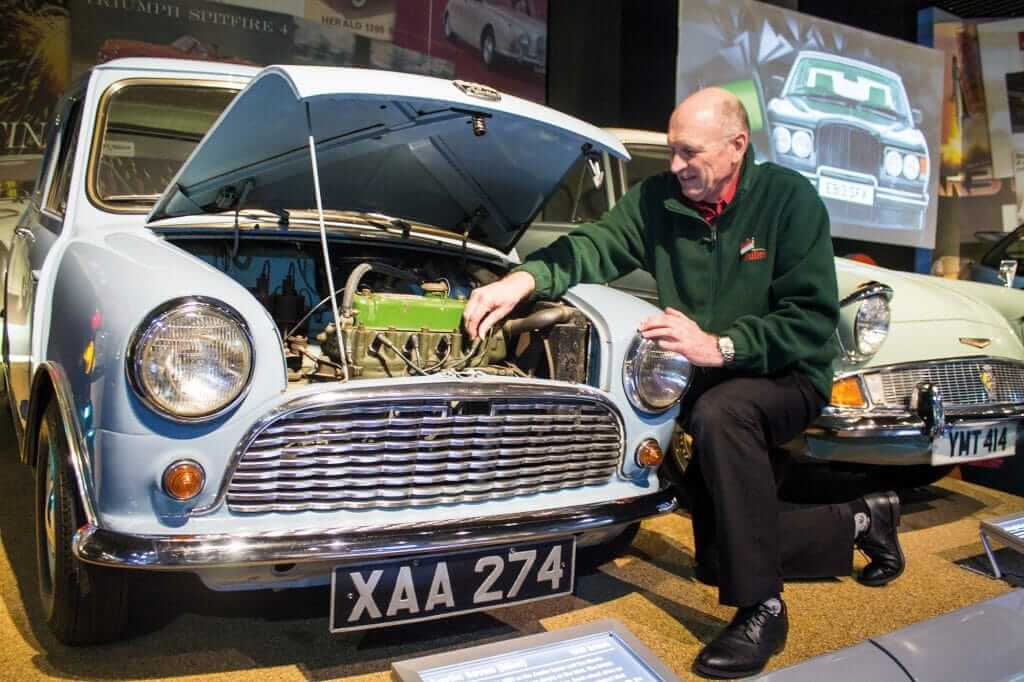
In hot temperatures (even in the UK) your car’s paintwork might feel too warm to touch. But unless you’re in the middle of Death Valley, California — the hottest place on Earth, according to records — your car’s bonnet will never get hot enough to be able to cook on. Disappointing, we know.


